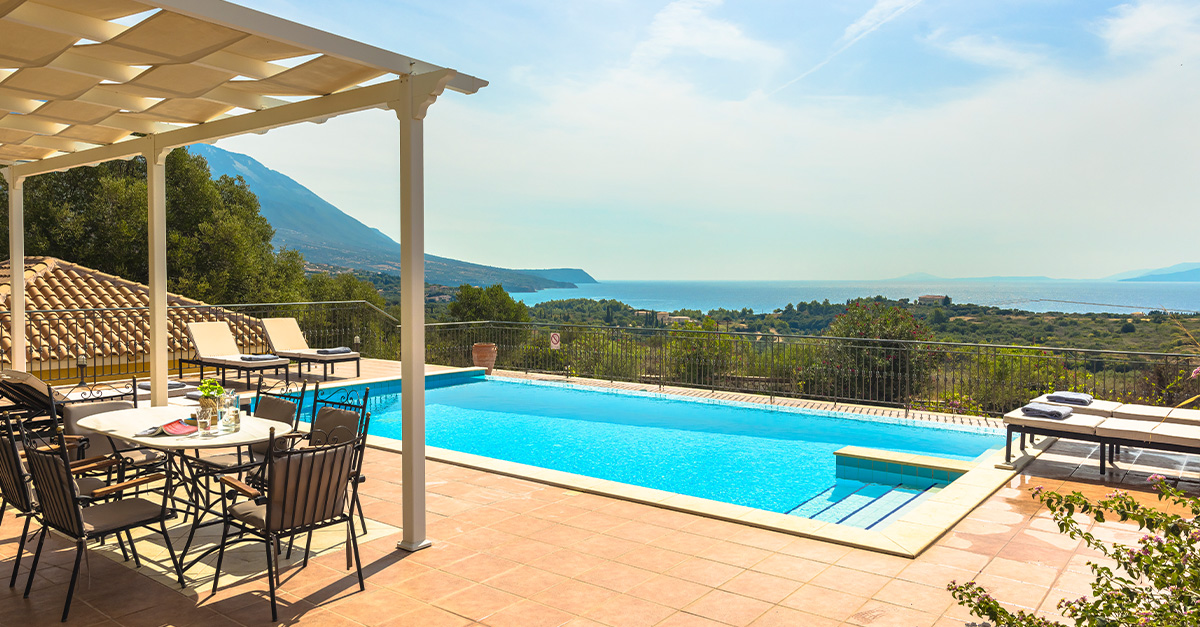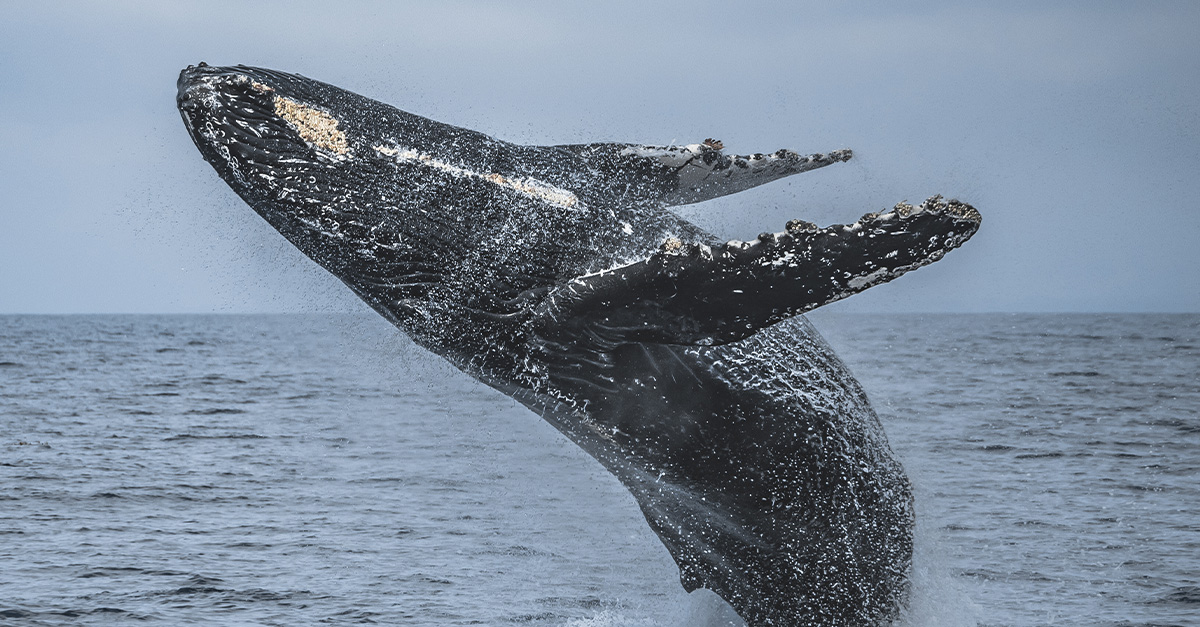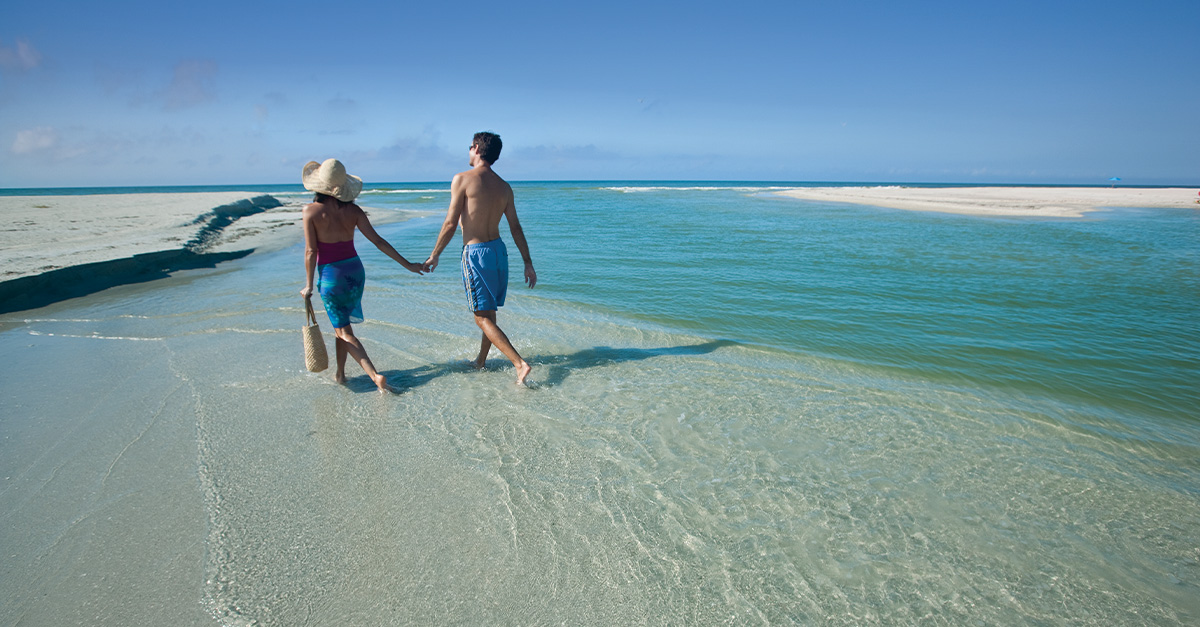Cruise ships could offer the key to disabled travellers who want to holiday abroad but cannot travel comfortably by air.
Yet many agents are not confident selling to the disabled market, worth £50 billion in UK spend alone. Cruiselines have been accused of not providing enough access for disabled travellers or not promoting what facilities they have to the trade.
Earlier this year Travel Weekly Cruise Club member, Accessible Travel and Leisure agent Tracy McFall, lost bookings worth almost £15,000 in three months because wheelchair-bound passengers were unhappy about arrangements to accommodate them on cruise ships.
Speakers at the first round table on the issue, organised by Norwegian Cruise Line, discussed how to sell to a market of up to 2.5 million registered disabled travellers in the UK.
Why cruise?
Ex-UK cruises are popular with disabled travellers as there are no flights involved, while modern ship facilities make getting around on board easier.
Princess Cruises head of marketing Pieter van der Schee said: “Ships offer disabled and non-disabled people the chance to go on holiday together. Agents should recognise the services they can offer to disabled travellers.”
US cruise ships are often ahead of UK brands in terms of accessibility, he added.
Cruiselines say large-scale investment has gone into ensuring ships cater for disabled travellers’ needs. Royal Caribbean International customer services manager Lois Jones said: “It’s something we invest in very heavily.”
NCL director of sales Nick Wilkinson added: “We have spent a lot of time looking at the variety of disabled people we cater for. It isn’t just one age group.”
Are agents aware of the potential?
One of the major obstacles to selling in this sector is the lack of awareness among agents of the market and facilities on ships. Specialist operator Accessible Travel, which has five franchisees, said it was down to operators to tell agents about their products.
Managing director Andy Wright, a wheelchair-user, said: “Cruise ships should be given credit for the fact they are years ahead of tour operators. But I think cruiselines’ problem is that they haven’t told people the facilities are good.”
Wilkinson added: “We want to increase that awareness to stimulate part of the market. There are 2.5 million disabled people in the UK travelling regularly – but where to and with whom? It’s a niche market people can get involved in.”
Jones admitted cruiselines have been poor in raising awareness. “We do not promote ourselves. The information is there but it’s in the terms and conditions,” she said.
Peter Deilmann River and Ocean Cruises managing director Stuart Perl said: “The trade needs to increase its awareness that cruiselines cater for this group of people. One area we have invested in is that we offer dialysis treatment on board.”
Wilkinson suggested cruiselines consider larger brochures or more information online and ship visits. He added: “We have taken groups on ships and it makes a big difference.”
Accessible Travel general manager Ali Parker said information offered by cruiselines missed the mark. “We have to fight for the information constantly; it’s so vague,” she said.
Training
To raise awareness, agents will need training. Wright said: “Cruise ships have invested a lot but unfortunately most agents are not given the training about disabled access.”
For many agents the complexity of selling to the disabled market is off-putting, he admitted.
Customers also have misconceptions about cruise ships and their facilities, which means guides and videos need to be produced to help sell the products.
“Cruiselines have got to produce the literature as agents are nervous about confronting it. There are a lot of people who would benefit; it’s a massive sales opportunity,” Wright added.
Van der Schee responded: “Agents can contact our medical department for advice about facilities on board. It’s important for agents to know there is a back-up and the first thing is to stop being scared of selling it. It’s important they understand what guests’ requirements are.”
What agents need to know to help sell
Disabled travellers need more information about facilities before they book. Agents need to know the right questions to ask. Wright said: “It’s about being empowered to know the right questions to ask.”
Accessible Travel general manager Ali Parker said information on specific facilities such as the height of tables and hoists into swimming pools could win a booking. “We need information such as door widths and whether there are interconnecting rooms,” she said.
Destination access
In certain destinations cruise ships cannot dock in port and passengers have to take a tender to get ashore, which is not viable for some disabled travellers. There can also be problems in port, depending on whether disabled vehicles are available.
Parker said: “It’s being able to say: ‘Yes, you can get off the ship at that port’ that will sell a cruise. At the moment they have to wait until they get on board to find out what excursions they can go on.”
Jones said cruise companies depended on ports for information. “It’s important we have adapted vehicles available in the ports of call. We are reliant on local services.”
Wilkinson called for more details from customers at the time of booking. “Clients need to give us some indication of what they want so we can focus on certain ports.”
River cruising can mean better accessibility to shore, argued Perl. “It’s a simple disembarkation process.”
Specialist agents
Panellists called for a network of specialist agents to push cruise sales in the disabled travel sector. Van der Schee said: “Agents want to build up expertise where people appreciate the service. The idea of building up a network is an excellent way of doing this.”
Perl added: “Is there an opportunity to build up a network of agents in the sector? Our strategy is to work with small independents such as Leading Cruise Agents of the UK.”
Creating a network will require cruiselines to provide more detailed information to the trade, said Wilkinson. “We need to ensure the information on our hardware is getting across into a network of agents. The more agents use it, the more it raises awareness.”
- What could cruiselines do to win more bookings? Email travel.weekly@rbi.co.uk
Fact file
- 2.5 million registered disabled travellers a year
- £50 billion UK spend
- 10-11 million registered disabled in the UK




